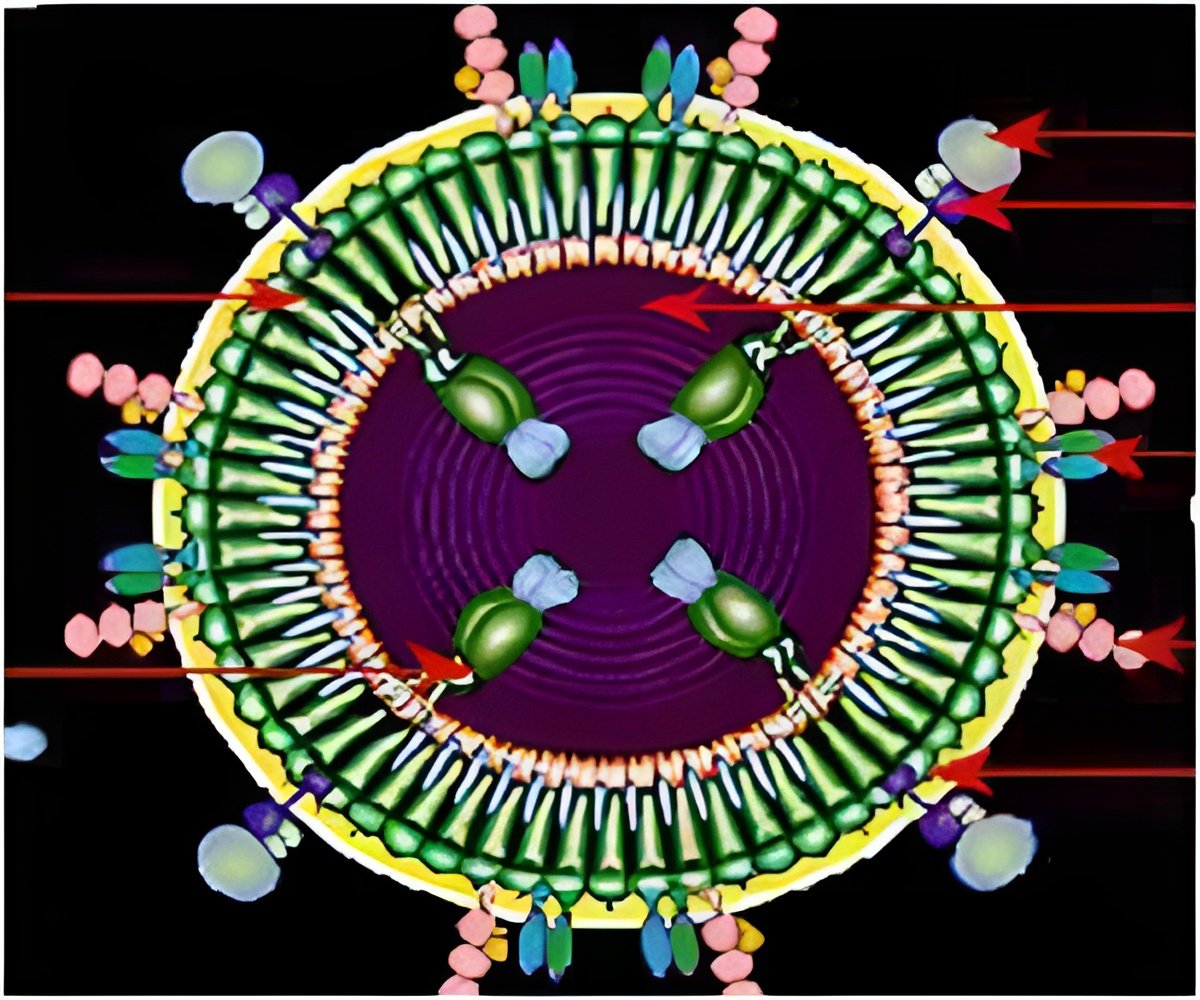The Spanish vaccine MVA-B has been found quite effective against HIV in Phase I clinical trials. As many as 90% of the volunteers who went through the tests developed an immunological response.

The vaccine has been developed by Spanish Superior Scientific Research Council (CSIC) together with Gregorio Marañón Hospital in Madrid and Clínic Hospital in Barcelona, reveals MVA-B preventive vaccine’s immune efficiency against Human’s immunodeficiency virus (HIV). Safety and efficiency of this treatment have been described in articles for Vaccine and Journal of Virology science magazines.
The success of this vaccine, CSIC’s patent, is based on the capability of human’s immune system to learn how to react over time against virus particles and infected cells. “MVA-B vaccine has proven to be as powerful as any other vaccine currently being studied, or even more”, says Mariano Esteban, head researcher from CSIC’s National Biotech Centre.
In 2008, MVA-B already showed very high efficiency in mice as well as macaque monkeys against Simian’s immunodeficiency virus (SIV).
Lymphocytes B are responsible for the humoral immune response, producing antibodies which attack the HIV particles before they penetrate and infect the cell, anchoring themselves to the external structure and blocking it. 48th week blood tests in the trials reveal 72,7% of the treated volunteers hold specific antibodies against HIV.
The results at that stage showed the production of lymphocytes T CD4+ and CD8+ of the vaccinated group is 38,5% and 69,2%, respectively, while it stays at 0% in the control group.
Advertisement
48th week blood tests ran on vaccinated subjects show over 50% of CD4+ and CD8+ lymphocytes were memory T lymphocytes in the 85% of the patients who kept an immune response at this point of the trials.
Advertisement
According to CSIC’s researcher: “If this genetic cocktail passes Phase II and Phase III future clinic trials, and makes it into production, in the future HIV could be compared to herpes virus nowadays”. Virus would not cause a disease anymore and would become a minor chronic infection, which would only show its effects in a low defence scenario, with a much lower contagious profile.
Source-Medindia










